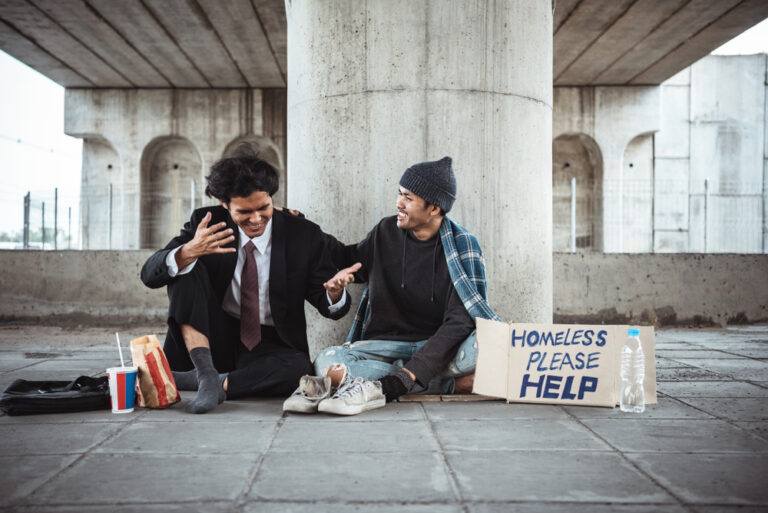In a world where financial success is often measured in millions, true legacy is commonly being defined by something less concrete but far more impactful: compassion. Across the globe, in vast industries, the world’s wealthiest individuals are moving forward in growth to redistribute — not in the aspect of politics, but in a humanitarian way. This shift from riches to responsibility is reflecting on what it means to hold influence in a world which is interconnected.
The New Face of Compassion
Gone are the days when charitable giving was limited to one-time gestures. Modern giving among the extra rich has -become a strategic movement for their own personal and professional culture, with many businesses embedding social good into their brands and business models.
Bill Gates is an example of this as he famously launched The Giving Pledge, which encourages billionaires to commit a large part of their wealth to humanitarian causes.
Humanitarian Work in an Age of Global Crisis
As crises around the world continue to emerge, from natural disasters and ongoing pandemics to world conflicts and civil wars, humanitarian work has taken centre stage. Many high-net-worth individuals use their wealth as a means of influence, and influence a tool for relief. You see them fund refugee programs and build schools in underdeveloped locations, investing in providing clean water and healthcare aid that can reach far beyond their own borders.
These efforts are not just about the size of the donation made, but the depth of the engagement. Celebrities such as Angelina Jolie, Leonardo DiCaprio, and Rihanna have used their fame into causes that exceed amusement and what they do. Their encouragement spreads to the fronts of environmental and educational justice, highlighting the joining of fame and morality that can bring forward change.
The Economics of Compassion
Family offices and wealth managers on a whole now drive forward social responsibility in their investment strategies, pairing profit with purpose. This approach is at times referred to as “impact investing”, which allows donors to fund creativities that generate generous social outcomes along with financial returns.
An example of this would be sustainable housing projects which have benefited from this model, producing self-sustaining groups rather than one off aid efforts. The wealthy are finding that compassion, when used wisely, can create a ripple effect that outlasts even that of their own fortunes.
A Moral Imperative Beyond Borders
In today’s global economy, the ethical concern of wealth is not forced by geography. Crises announcements in real-time have shifted the distance between the one who gives and the one who receives, making humanitarian issues more personal to people around the world. It is a lot more common for business leaders in London or Tokyo to contribute to relief and humanitarian operations in Africa or the Middle East.
Efforts like Muslim Aid’s Gaza Appeal serve as prompts that power of finance can be a force for urgent and definite good. When people of means step forward, the can address immediate issues but also collectively inspire empathy and change, bringing forward large or small donors to follow their lead.
Building a Legacy of Empathy
Humanitarian work is about legacy that undergoes in communities and generations. Those with wealth engaging in charitable initiatives discover that giving doesn’t diminish status but defines it, becoming a language of leadership and signalling purpose.
The real amount of success does no longer live with what one owns, but in what one can give back to the world that made them successful.

